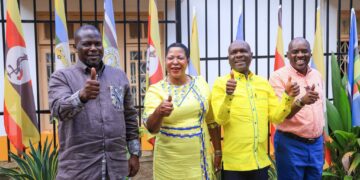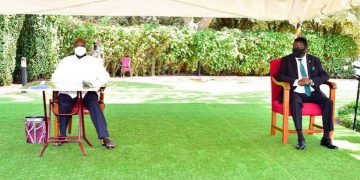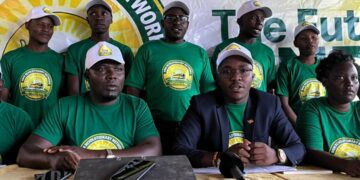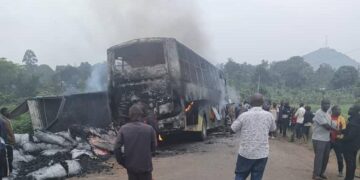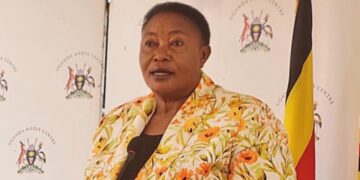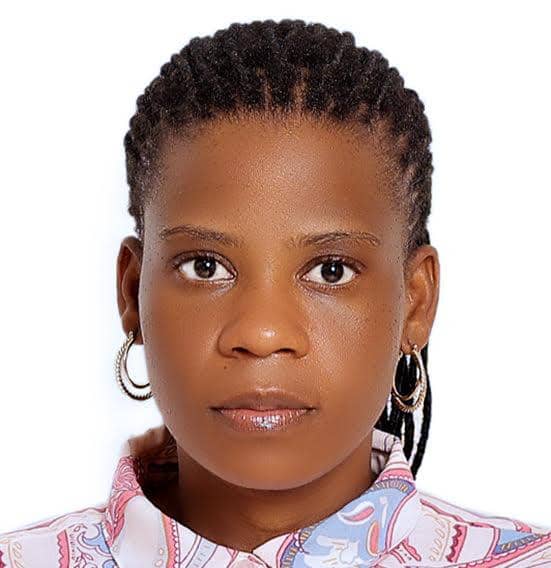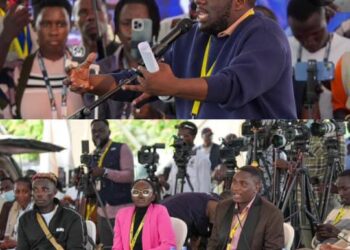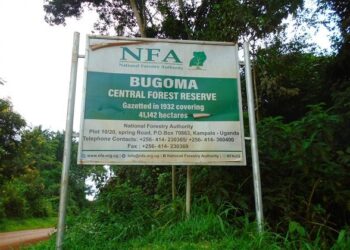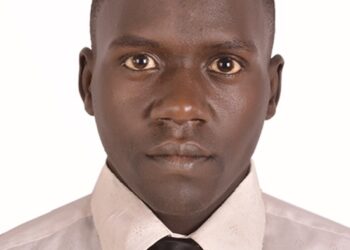OPINION
Editor, every year, a different country hosts and presides over the COP. The Conference of the Parties (COP) is the annual United Nations climate change summit where world leaders, policy experts, scientists and advocates gather to address climate change.
This year, COP30 is underway in Belem city, Brazil, in close proximity to the amazon rainforest providing the participants with a unique platform to discuss climate solutions firmly rooted in the heart of the Amazon. The summit commenced on November 10th and are in the final week of climate talks.
This time around, COP30 has been referred to as unique one because it marked 10 years since the signing of the Paris Agreement, in which all signatory countries vowed to keep the increase in global average temperatures to less than 1.5 degrees Celsius.
Also, it served as a review of the 2015 Paris Agreement to curb climate change, assessing progress on emission targets and climate finance for Global South countries commitments that remain largely unfulfilled especially for developing countries.
During the previous COPs, countries have been making climate finance pledges. For-instance, at COP28, the United Arab Emirates pledged $30 billion to a new fund to invest in climate friendly projects across the globe, with $5 billion for the Global South.
Despite the pledges made, only a fraction of global climate funds reaches African communities. This is because countries especially from the Global North prefer making pledges to taking action. At COP30, African youths want leaders to aim at fulfilling their promises because African countries continue to suffer more from climate catastrophes such as floods, droughts, landslides and others triggered by climate change, that they contribute less to.
Notably, before African leaders travelled to Brazil, floodwaters had invaded buildings along Nakivubo Road, Kampala city in Uganda, making traders comprised of majority youth to encounter losses in billions and lose livelihoods.
Therefore, when the African youth, most especially Ugandan youth are on the streets of Amazon advocating for climate justice, they are not empty tins that are making a lot noise. They want leaders to keenly understand that climate change is real and without climate justice, the African continent is in peril.
Lastly, young people want leaders at COP30 to move climate justice from rhetoric to resources for marginalized communities because when climate disasters such as floods, droughts, landslides and others strike, they hit them hard.
By Hildah Nsimiire,
Environmentalist















